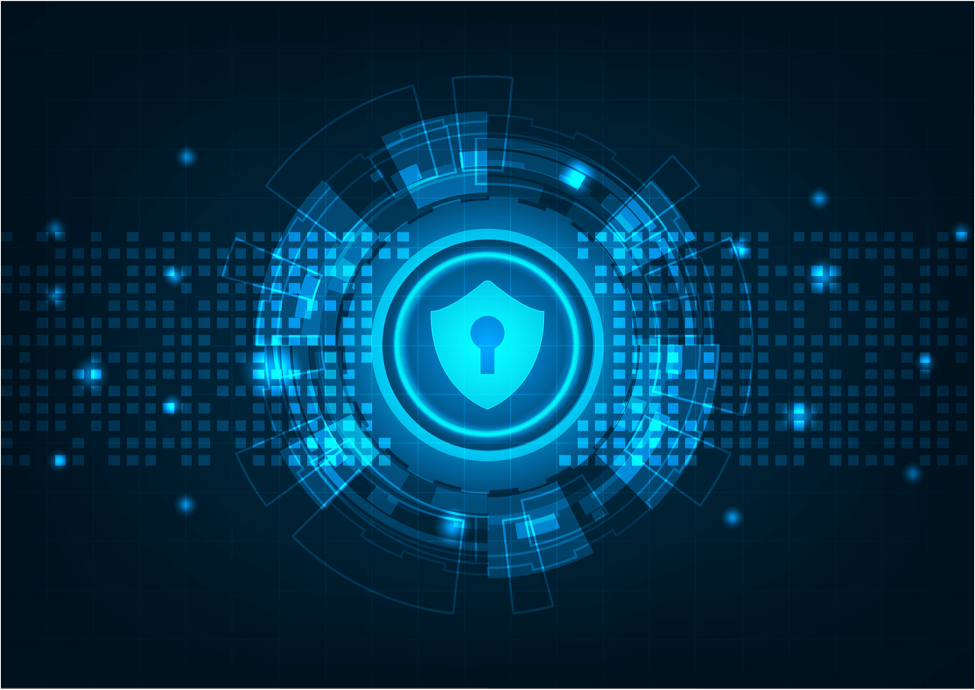
The business landscape in 2019 has some ubiquitous elements no matter how eclectic it may appear. One of these elements is reflected in the integration of IT-related practices and security measures with every imaginable type of business – from warehouses and shipping agencies to gaming companies, bookstores, and even hair salons. The brave new world is here and its digital highlights come with their own share of advantages and dangers. While it has become much easier to track the activities and behaviors of employees, all data that fits into a larger network becomes a liability for the whole system. Strict precautionary measures emerge in the times of digital Darwinism, and the year of 2019 sees some promising cybersecurity practices your company should definitely embrace.
1. Cultivate a cyberculture
Responsible behavior is the first line of defense against data theft and hacks. Establishing certain ground rules should be made into a rite of passage for every employee, no matter how big the corporation has become. Thankfully, since IT has seeped into every realm of business and private life, basic digital literacy has become commonplace, so this should not be that hard.
Employees are to be encouraged to follow fundamentals such as avoiding attachments, downloads of compressed files from unknown sources, as well as clicking on links within emails that do not bear the company’s watermark. In addition, each employee should keep the company computers and corporate devices clear of private data and social media, as this can also easily turn into an entry point for third parties.
2. Password rotation and management
As it has already been suggested, even small businesses are run with the help of computers and setting up rudimentary passwords has become a widely accepted routine. As a company gains reputation and the information stored in the cloud becomes more valuable, password rotation becomes the logical next step, and it is a practice that is mostly retained thereafter.
This is where remembering multiple passwords across the board can turn into a hindrance for most employees, especially if the combination of characters, symbols, upper cases, and lower cases are combined with numbers. Nonetheless, it is a necessity that becomes a matter of habit after some time, and all employees with vital access should be encouraged to avoid reusing passwords.
3. Keep up with software updates
Just as it is crucial to perpetually update passwords, it should become a part of every company’s initiative to keep all the devices and related software up to date. If even a single system lags, it threatens to become a dislodged cornerstone which can topple the entire house down. If this sounds overly dramatic, it’s for a good reason. In order to have all the devices properly connected and in sync, manufacturers keep their operating systems supported through patches.
Thankfully, any potential concern in this field is ameliorated if there’s an option to turn on automatic updates, but this is not always the option with all types of operating systems and, indeed, available programs. This represents a notable challenge if BYOD devices also come into play, so maybe the practice should be avoided until the related challenges are solved in a satisfactory way.
4. Apps as the future of company-device security
Giving out corporate phones and other mobile devices has become common practice in countless companies, and while this has remained a point of contention due to the accompanying micromanagement and upgrade costs, it also comes with benefits such as compatibility, accessibility, cost savings, and efficiency.
Still, one liability that this practice brings may overshadow all of the upsides – and that is the fact that a lost or a stolen mobile device becomes a window into the company’s procedures. The most reasonable approach for such hypothetical occasions is to find a reliable security app with impressive options that can solve this problem in a holistic way. This should entail data protection, data tracking, device searching, SSH tunneling and interlinking of company-owned items.
5. Constant data backups
Corporate data breaches have become one of those buzzword crimes of the last couple of years simply because they have become so pervasive. Building safeguards for your sensitive data is an important part of the process that ensures this does not happen, but this is only the first line of defense.
For some parties that dabble in illegal activities, acquiring data is not enough – damaging or erasing it from the corporate devices and hard drives is the ultimate goal. Privileged company-related information is only the tip of the iceberg. There are financial, personal and even medical records of employees on the line, so ensuring copious storage and easy ways to backup data on regular basis should be on the top of the list of security practices your company needs to embrace.
The tech industry has turned into a self-perpetuating chain of constant evolution and opposition. With every emergent piece of technology comes a set of flaws that need to be patched up, and somebody will always see an opportunity in structural weaknesses. The blockchain is a good example of this enormous potential and a minefield of dangers on the flipside. As soon as the cybersecurity measures were introduced to businesses, the flood gates for endless exploitation had opened and the key has been to stay one step ahead ever since. The steady pace of innovation in this field is the best we can hope for, but every aspect of progress has always been about outracing entropy.
Follow Us